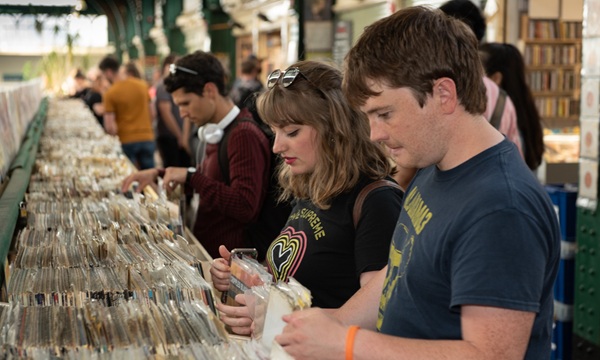Introducing a visitor levy in Wales will lead to unintended consequences including an increase in wild camping, the British Holiday & Home Parks Association is warning.
It says it is “gravely disappointed” by the decision of the Senedd to allow councils across Wales the choice to introduce a visitor levy on overnight stays.
The association's director-general Debbie Walker says the new law will have many unintended consequences, and risks damaging rural and coastal economies throughout the country.
She said that demanding a levy from adult visitors making overnight stays on campsites and parks in Wales will pose a threat to the futures of many of the businesses.
The tax would also, said Debbie, have a knock-on effect on the many businesses which rely on the tourism industry such as pubs, shops, cafes and visitor attractions.
Many of these, she points out, are smaller family-owned enterprises like holiday parks which sustain thousands of jobs in areas of Wales where few other employment opportunities exist.
The levy is set at 75p per person per night for adults staying in hostels and campsites and at £1.30 per person per night for all visitors staying in other types of accommodation. Under 18s are exempt from paying the levy when staying in hostels or campsites.
Debbie said that while tourism taxes may be a well-intentioned way to generate local revenues, they are “self-defeating and pitted with unintended consequences”.
 “One of these will inevitably be a rise in wild camping which will mean local councils having to deal with litter and human waste in parts of Wales's most beautiful countryside,” she said.
“One of these will inevitably be a rise in wild camping which will mean local councils having to deal with litter and human waste in parts of Wales's most beautiful countryside,” she said.
“A tourism tax will also place a huge administration burden on holiday parks, forcing them in some cases to raise prices in order to cover the costs of implementing the levy.
“But our main concern is that this is a tax on the traditional family holiday which many people already struggle to afford, but see as essential to their physical and mental wellbeing.
“Larger families with children will be especially hard hit, and are likely to make some parents think twice about enjoying a break in Wales and to seek out other UK destinations.
“The levy will also make the prospect of an overseas holiday even more appealing as many of our European competitors have VAT set at around half of our 20% rate.”
BH&HPA says it will now initiate an “urgent lobby” of councils in Wales.
Local authorities can choose whether to introduce the levy in their area after consulting with their communities. Registration will start in autumn 2026 and the earliest a visitor levy can be introduced anywhere in Wales is April 2027.











